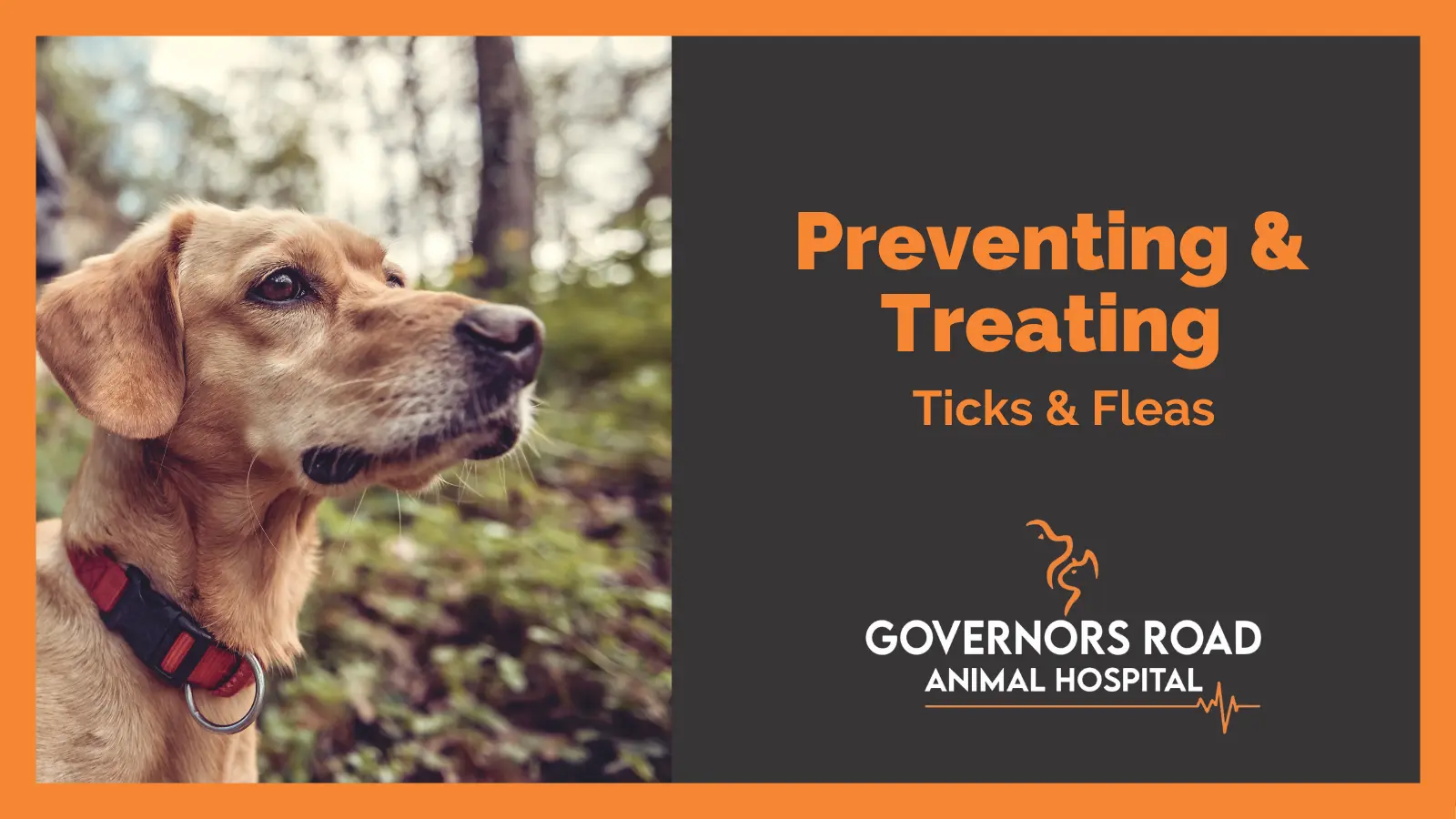
15 Jun Ticks & Fleas – Prevention and Treatment
Ticks & Fleas – Prevention and Treatment for Dogs
When it comes to pet care, fleas and ticks are a huge problem. Aside from being a nuisance, fleas and ticks are responsible for an array of ailments. Therefore, do not treat infestations lightly because it directly harbours an impact on your pet’s wellbeing.
Animals usually acquire fleas from other flea-infested animals. Flea eggs often get trapped in animal hair which proceeds to develop into adults. As for ticks, dogs generally get ticks when they are outdoors. For example, dogs often dig into shrubs or grass, and that is when ticks attack.
Can Fleas and Ticks Cause a Dog to Get Sick?
Fleas inject saliva into the dog’s skin as they feed on the blood. This saliva contains allergenic salivary proteins that result in animals acquiring allergies. The most common flea-caused condition in dogs is flea allergy dermatitis, which results in itching and hair loss.
Dogs with a lot of fleas may even become anemic and succumb to blood loss. Fleas may also be responsible for transmitting tapeworms to dogs.
On the other hand, ticks are responsible for causing over 15 diseases, including Lyme disease. If not diagnosed and treated timely, most of these diseases may result in your dog’s death.
Many tick and flea species may cause problems during the winter months as well. Therefore, it is best not to stop using preventives during the colder months to be on the safe side.
Tips to Prevent and Treat Fleas and Ticks From Your Dog
One of the best ways to avoid a tick and flea infestation is to reduce outdoor time. Moreover, it helps to keep your home dry and carpet-free because carpets are a flea’s best friend.
A great way to reduce ticks and fleas in your garden or yard is by trimming the bushes, shrubs, and tall grass. Make sure to get rid of any leaf litter and leave it bare ground. You could use lawn insecticides as well.
The following is a list of tried and tested ways through which you can prevent your dog from getting infested with ticks and fleas.
- Use veterinarian-approved flea and tick prevention and treatment products to ensure that they are safe.
- Ensure to read the label and check if the product you are using is made especially for dogs.
- Regularly inspect your dogs for ticks after outdoor time. The quicker you remove the tick, the lesser your dog’s likelihood of acquiring a tick-related illness.
- Mow your garden regularly and keep grass and shrubs short because ticks and fleas are found in tall grass, shrubs, and bushes.
- Get your dog checked for fleas if you notice any hair sparseness or thinning.
- Excessive scratching, irritation, irregular red patches, and biting are signs of tick or flea bites. Be sure to always look out for these signs and get timely treatment for your dog.
- Do not just clean your dog; make sure to clean your house too.
It is best to visit a veterinary clinic to protect your dog from the complications of ticks and fleas. Your vet will guide you about the best treatment for your dog. If you’re searching for an excellent veterinary clinic in Dundas, head to Governor’s Road Animal Hospital to get the best possible care for your furry baby.



Sorry, the comment form is closed at this time.